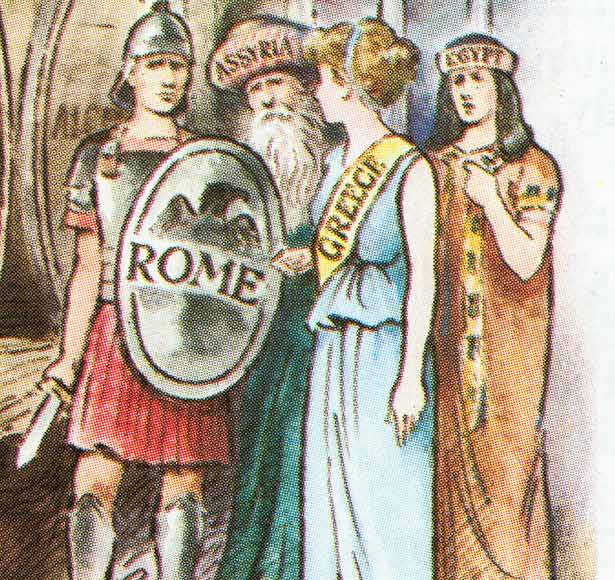
Temperance was one of the most divisive social issues in late-19th and early-20th century New Zealand. Social reformers argued that alcohol was the cause of poverty, ill health, neglect and abuse of families, immorality, and social and economic instability. They urged individuals to 'sign the pledge' and abstain from drink, and pressured Parliament to impose restrictions – or even a total prohibition – on the sale of alcohol.
The temperance movement faced stiff opposition. Critics protested that prohibition would inhibit their liberties and free will. Citizens of a democratic country, they argued, should be allowed to make up their own minds about drinking alcohol. Not surprisingly, the liquor industry fought tooth and nail to protect its lucrative business. Many others favoured some sort of compromise that would limit the harmful effects of drunkenness while respecting individual rights.
New Zealanders were given the opportunity to close the pub doors in their own electoral districts through local licensing polls held between 1894 and 1914, and over the whole country via national referendums from 1911 to 1987. Advocates and opponents of temperance organised themselves into powerful lobby groups, and fought for the hearts and minds of voters every three years. Prohibition was never introduced to New Zealand, though it came close several times.
